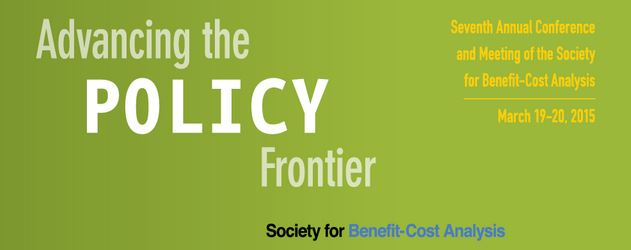Weisbrod Presents on Best Evaluation Methods at SBCA Conference

Weisbrod presented his expertise on "Use of Economic Evaluation Methods for Transportation Project Appraisal: Application of a 3-Dimensional Space-Time Framework." The systematic analysis of economic benefits, costs and impacts has an important role to play in infrastructure planning. But all too frequently, decision-making relies upon less systematic judgment calls, in part because of confusion regarding what seems to be competing approaches featuring benefit-cost, economic impact and financial analysis methods. Transportation planners see proponents advocating for specific techniques, even reaching to show how each analysis technique can address issues usually in the domain of the other – such as the inclusion of non-pecuniary social welfare impacts in macroeconomic models, or the inclusion of economic geography shifts in benefit-cost studies. However, the single method approaches are ultimately seen as inadequate because they cannot address all of the multi-faceted information requirements of various stages of the planning process.
This presentation (and an accompanying paper) provided a critical review of the application of economic analysis techniques – benefit-cost analysis, economic impact analysis, and financial cash flow analysis -- for transportation infrastructure decision-making. Weisbrod presented a formal framework for viewing these various economic analysis techniques in terms of how they differently cover a three dimensional universe of space, time and impact elements. He then showed how the various analysis techniques can be matched to the stages of planning, prioritizing and funding projects, along with their associated stakeholder issues and spatial and temporal information requirements. He then covered the implications of this framework for the valuation of economic benefits and costs, as they are affected by the breadth of study areas, time periods and impact elements. Actual cases from statewide transportation planning studies were used to illustrate these points. The presentation ended by showing examples of how a unified analysis framework can reinforce the complementary aspects of benefit-cost, economic impact and financial analysis for effective transportation decision-making.